How do professional actors change the way they speak for different acting roles? What can learners of English take from the way actors do this, in order to apply it to their language learning? In this conversation I speak to Jerome Butler who is a very experienced dialect coach working in the TV and film industry in the USA, and we discuss these questions.
[DOWNLOAD]
Photo by Alison Cohen Rosa https://www.alisoncohenrosa.com/
Introduction Transcript
Hi folks, I just wanted to let you know that I’ve been working on the WISBOLEP competition and it is coming soon. I’ll let you know exactly what I’ve decided, I will play you recordings from listeners and you’ll be able to vote and we’re going to find a LEPster to be interviewed on the podcast. So the next installment of Why I Should Be On LEP is coming soon.
Also some premium content is coming. Just a reminder that I recently uploaded a 28-minute video of one of my comedy shows. It’s me doing stand-up comedy in London a couple of years ago. I’d been holding on to that video for a while, but I finally decided it was time to publish it considering I’m not doing any gigs at the moment and I’m not sure when I will be able to. So, premium subscribers – check it out, as well as all the pronunciation videos I’ve uploaded and at least 100 premium episodes. teacherluke.co.uk/premiuminfo if you want to sign up or know more.
Also you can expect more free episodes, including the next WISBOLEP episode and more conversations with guests.
I’ve been doing a lot of interviews recently as you’ve probably noticed. It’s been a really good run of guests that we have never heard before on the podcast, but I will go back to the old favourites soon enough, with hopefully Amber & Paul making a return and an episode of Gill’s Book Club – the book in question will be 1, 2, 3, 4: The Beatles in Time by Craig Brown – an interesting, recent book which explores the story of the Beatles in various interesting ways. We’ll be doing that in the new year because I’m getting it for Christmas and I’ll need a chance to read it. I think it will basically be a chance for me to talk about The Beatles with my mum and she was a huge fan back in the Beatlemania days and saw them live twice. So, you might want to get that – 1, 2, 3, 4 by Craig Brown. Anyway, onto this episode and this one is all about pronunciation, so get ready to think about accents and changing the way you speak. It goes quite nicely with other episodes like the recent one I did about Key Features of English Accents (682). So the question is, how can you change your accent? Let’s ask a dialect coach.
— Jingle —–
Jerome Butler – Dialect Coach
Hello everyone – here is an episode all about accents and dialects and specifically how to convincingly sound like you come from a different place, with a different accent.
You’re going to hear me in conversation with Jerome Butler who is a dialect coach. Jerome works with actors who need to change the way they speak.
To give you an example of what this means, let’s say I’m an actor from England, and I’ve got a part in a TV show that takes place in the USA in a southern state. Perhaps the film is set in Atlanta or something like that (like in The Walking Dead perhaps) and the character I’m playing was born and grew up in that area, and so I need to change my RP English accent to a general Southern accent from the USA for the filming of the show.
How can I do it? How can I change my voice? How can I consistently speak like I am from a southern state in the USA? Well, I would need a dialect coach, and that is what Jerome does.
Actually, having to change your accent is quite common for actors in the English language TV and film industry. There are loads of famous actors who have successfully changed the way they speak for different roles. I mentioned The Walking Dead before and it is quite a good example – so many of the actors in that show are from the UK but they sound like they could come from Georgia or a neighbouring state. No doubt those actors worked closely with dialect coaches like Jerome.
And it’s not just British actors working in the USA, it’s anyone who normally speaks in one way and needs to learn to speak in another way, and remember the English language is so diverse in terms of accents and dialects across different parts of the world that it’s very common for actors to have to make this kind of change in their work.
Now, talking to Jerome about this is actually a great opportunity for us to listen to someone who has a lot of experience and expertise in helping people change their accents. He’s been doing it for years now and has worked on loads of different film and TV projects and with loads of different actors from different parts of the world. Jerome is amazing actually, and we’re really lucky to have him on the podcast. I really enjoyed talking to him and it was very interesting to find out the specifics of what he does in his job.
For you as learners of English this should be particularly interesting, because the whole point of this conversation is to answer two questions really:
- How can actors change their accents and dialects for different roles?
- What can learners of English take from the way actors do this, in order to apply it to their language learning?
How can you change your accent?
It’s quite a complicated question as you can expect – it involves many linguistic factors and a lot of work. In just a one-hour conversation we can’t give you all the answers of course. It’s a complex and very personal process, but at least we can get a sort of window into that process by listening to what Jerome has to say.
Let me tell you a bit about Jerome’s CV before we listen to him talking, just so you get an idea of who you are listening to.
Jerome Butler has had a really diverse career working for over 25 years in acting, teaching and dialect coaching. He graduated from The Juilliard School which is one of the most prestigious acting and performance art schools in the USA. Loads of great actors went there, including well-known people like Adam Driver, Jessica Chastain, Oscar Isaacs, Anthony Mackie, Robin Williams and plenty of others.
He’s done various acting roles in theatre, TV and film productions even including episodes of Star Trek Voyager and ER but the majority of the work he has done in the industry is that of a dialect coach and if you look at his IMDB page the list just goes on and on, working on various productions with various performers including names you might recognise, like Emily Mortimer, Tom Hardy, Gerard Butler, Robert Downey Jr., Jonathan Pryce, and Chiwetel Ejiofor. Impressive, most impressive.
OK so I just dropped a bunch of names on you there, but this episode is not a celebrity gossip type thing. It’s not about that. I’m not asking him to tell us what Robert Downey Jnr is really like. I just wanted to let you know that Jerome is a proper, professional dialect coach who has lots of real industry experience, so he knows what he is talking about.
He’s also taught classes at universities like MIT and has been involved in an artistic rehabilitation program in the California prison system. That’s quite a glittering and diverse CV, and of course now he has reached the high point of his professional career – appearing in an episode of Luke’s English Podcast. Haha.
In this conversation we start by talking about the work he does and what it involves, and the conversation gets more and more specific as it goes, as we try to understand what he does and relate it to your learning of English.
Now, I would also like to say that I think as a learner of English, the decision to change your accent or perhaps I should say the decision to try to sound exactly like a native speaker of English is completely up to you but in the EFL/ESL community this is actually quite a contentious issue. Should learners of English aim to or expect to ultimately sound exactly like native English speakers? People seem to disagree about it.
Even now I can sense, using my jedi force abilities that some of you are saying “yes we should try to sound like native speakers!” whereas others are saying “no, we shouldn’t” and probably most of you are saying “I don’t really know Luke, I haven’t made up my mind!” and a couple of you are saying “Sorry, what was the question?”
Let me repeat it.
Should learners of English spend time and effort on trying to sound exactly like native speakers? Should we all aim for “native level speech” as our ultimate goal? Or is it better to keep your accent when you speak English because this is all part of who you are and it’s perhaps even damaging to set such high standards?
These are questions that are often discussed and people continue to disagree on the answers.
To an extent it is a question of personal choice – people can do whatever they like and if sounding like a native speaker is your personal goal, then fine. Some people manage to do it really well.
One thing’s for sure – nobody can argue against the importance of intelligibility – being understandable and clear, but exactly who you should sound like seems to be up to you.
But anyway, I felt I should mention this whole argument in the introduction here, and Jerome mentions it too before going on to describe the specifics of how someone could shift their accent.
Also keep listening to hear Jerome start training me to speak in that southern American accent that I mentioned earlier. Can he help me learn to speak like I’m in The Walking Dead and I’m from a southern state like Georgia or Tennessee or South Carolina or maybe even Alabama?
OK, I will talk to you again at the end in order to recap and sum up some of the main points that are made in this conversation. But now, let’s start this conversation with me in Paris and Jerome Butler across the Atlantic in New York City.
————————–
Ending Transcript
So, that was dialect coach Jerome Butler. Thank you again to Jerome for all that information he gave us.
So, for me that was fascinating and also reassuring to know that Jermoe uses more or less the same methods and approaches in the TV and film industries as I use in my English teaching. I think Jerome gave us some really valuable insights into how people can change their accents. As I said before, this is a huge and complex subject so we only scratched the surface here.
If you’d like to know more from Jerome and use the tools he mentioned then visit his website, which is https://dialectcoachescorner.com/ You can create a free profile there and then start exploring and practising. It is for a general American English accent though, as Jerome pointed out.
Let me now just recap and sum up the main bits of advice in that conversation. If you found it a bit difficult to follow or to pick out all the specifics, this summary should help.
Summarising Advice from this conversation
Learn the phonemic script because it will help you become more aware of the different sounds that are used in English. There are apps you can use to do this. Check “Sounds” by Macmillan. This will really help you to identify and then produce specific sounds that are used in English → British English in the case of that. “Sounds” contains various tasks that will help you learn the sounds, practise recognising them, transcribing words phonetically and more. The full name is “Sounds: The Pronunciation App” and the best way to download it is from the Macmillan website https://www.macmillaneducationapps.com/soundspron/
Categorise words by the different sounds – for example, what is the vowel sound in the stressed syllable of the word?
You can take all the vowel sounds – monophthongs and diphthongs and consider them to be categories. Try putting different words into those categories.
Vowel sounds would be good.
Also certain consonant sounds like voiced and unvoiced pairs, TH sounds and so on. Also, -ED endings for regular verbs.
A textbook like Ship or Sheep by Ann Baker can help because in that book all the different vowel sounds are listed chapter by chapter and you can practise recognising, categorising and repeating words with those sounds.
Mechanical practise is important. Repetition is the mother of skill – I think that’s the phrase that Jerome used. It’s reassuring to know this – and he’s a man with a proven track record of results. He knows that to help someone change the way they speak it is a combination of heightening your awareness of the different sounds and how they are made, then mechanical practise with those sounds until they “enter your body” and you acquire the ability to quickly switch between the categories and quickly work out how to say words in the accent you have chosen.
So, again, practise identifying which sound is used – practise categorising words over and over again.
Then practise saying these words by repeating after someone. Again – Ship or Sheep can help because there is an audio CD. Other books or websites may be available.
But there are many things to take into account. It’s not just vowel sounds. If I’d had more time with Jerome we might have got onto other things like intonation, connected speech, elision of sounds, sentence stress, weak forms and all that stuff.
It can be hard to do it on your own so you might also need a personal coach of some kind, like a one to one teacher who can work closely with you.
Let me point you towards Jerome’s website again https://dialectcoachescorner.com/ where you can contact Jerome, create a free account to access all the resources and more. Remember, that is if you are looking for a general American accent, or perhaps more specific regional accents in the USA. For British English, well of course I’d recommend my premium subscription!
So, work with someone, work with resources designed to help you with this.
Alternatively, you can practise simply repeating after someone whose accent you want to copy.
If you want to copy my accent, you can repeat words and sentences after me.
Do this either by shadowing – just try to repeat as you listen, or perhaps pause and repeat.
Or you can use the pronunciation drills in my premium episodes, because they are designed to help you repeat after me and I focus my attention on things like sentence stress and other specific features.
Practise practise practise.
Have fun with it too.
But also remember that it is a question of personal choice. Please don’t feel that you have to sound exactly like a native speaker. In my opinion, it is totally fine and reasonable to retain traces of your native language when you speak English. That’s part of who you are. Like Jerome said, perhaps the only reason to completely lose all trace of your first language in your English accent is if you are an actor or a spy.
Also, I think it requires a lot of time, dedication and effort to work on your accent to the same level as a professional actor. This isn’t always a realistic proposition for learners of English who are also busy in their lives. So, working on being clear is the main thing and if you have a regional accent in English, that’s fine – it’s part of who you are, just like someone from Liverpool has a Liverpool accent, someone from Glasgow has a Glasgow accent, someone from Essex has an Essex accent – you can have an accent from your country, as long as people understand you.
It’s all a question of personal choice at the end of the day – but there it is, I think speaking to Jerome shows us that there are ways of working on the way that you sound, if you are prepared to put in the time and the effort.
I also wonder sometimes if some people are more naturally talented at changing their pronunciation than others, but that is a question I’m not completely able to answer at this moment. What do you think? Do you think some people are naturally better than others at matters of pronunciation?
A Few Expressions in the Episode
My tongue is firmly in my cheek – This just means he’s not being serious. He said calling himself a dialect coach would mean he’d get paid more.
We’re splitting hairs – To split hairs means to make very specific and unnecessary distinctions between things. Jerome could be called an accent coach or a dialect coach and it doesn’t matter – although to be specific, dialect refers to the words and the grammar, and accent refers to the pronunciation.
I’m not going to go into the weeds – This means getting deeply involved in very specific details. He’s not going into all the complex details, he’s just giving us a simple overview.
Links
Here are some of those useful links again
- Jerome’s website www.dialectcoachescorner.com
- Sounds: The Pronunciation App https://www.macmillaneducationapps.com/soundspron/
- Ship or Sheep by Ann Baker (on Amazon but also other places) https://www.amazon.co.uk/Ship-Sheep-Students-Book-Pronunciation/dp/0521606713
- LEP Premium www.teacherluke.co.uk/premiuminfo
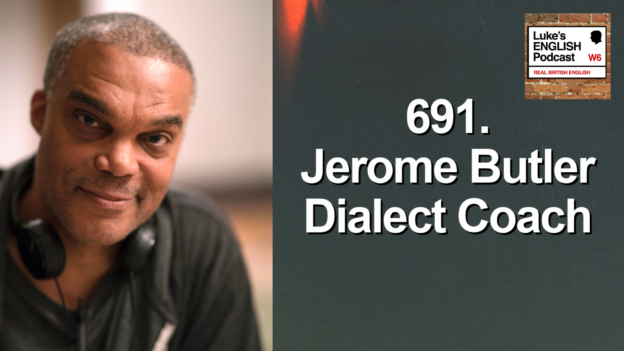

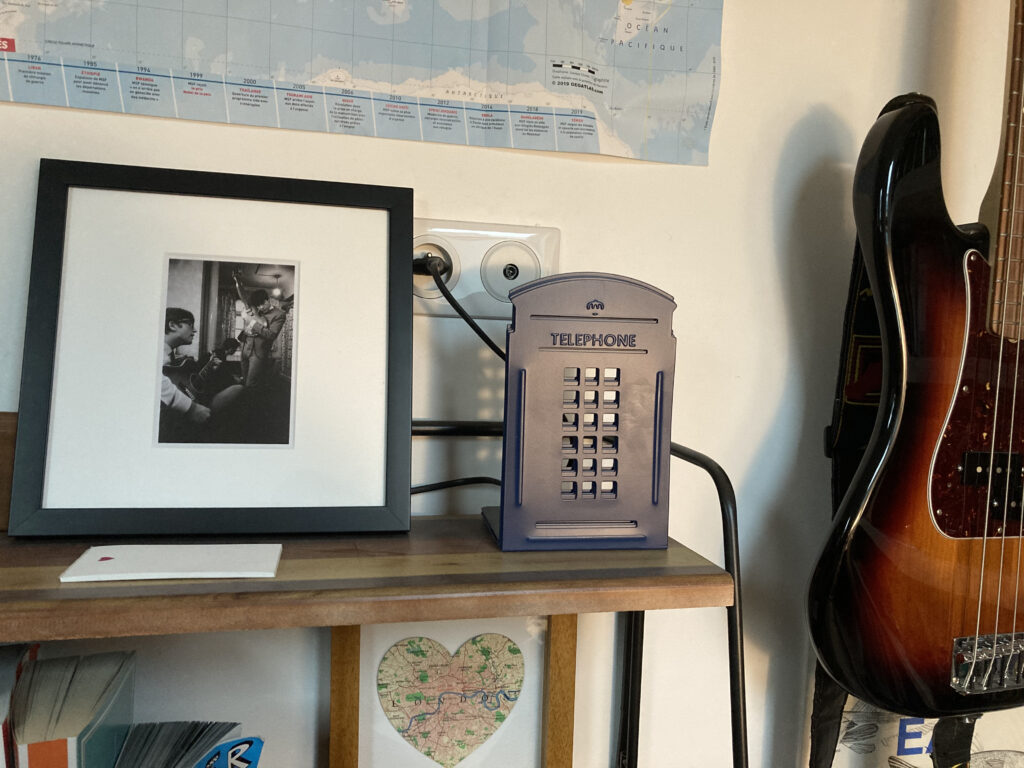






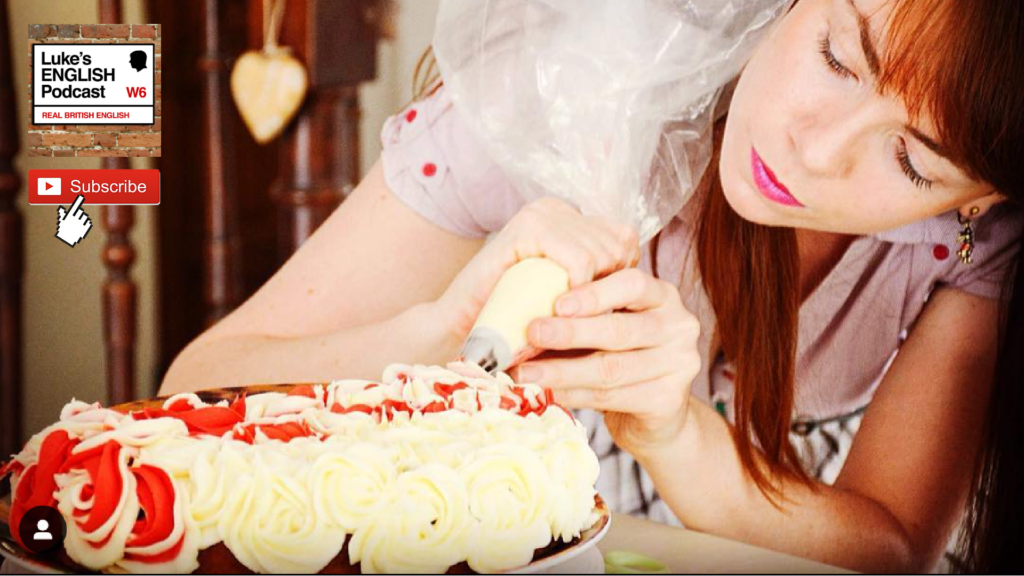




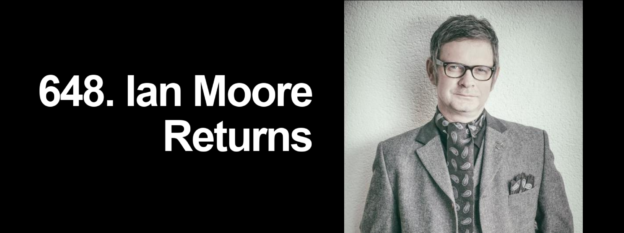



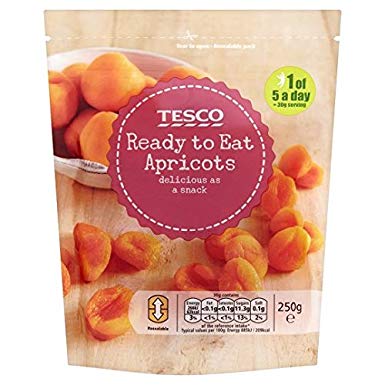 Ready-to-eat apricots
Ready-to-eat apricots